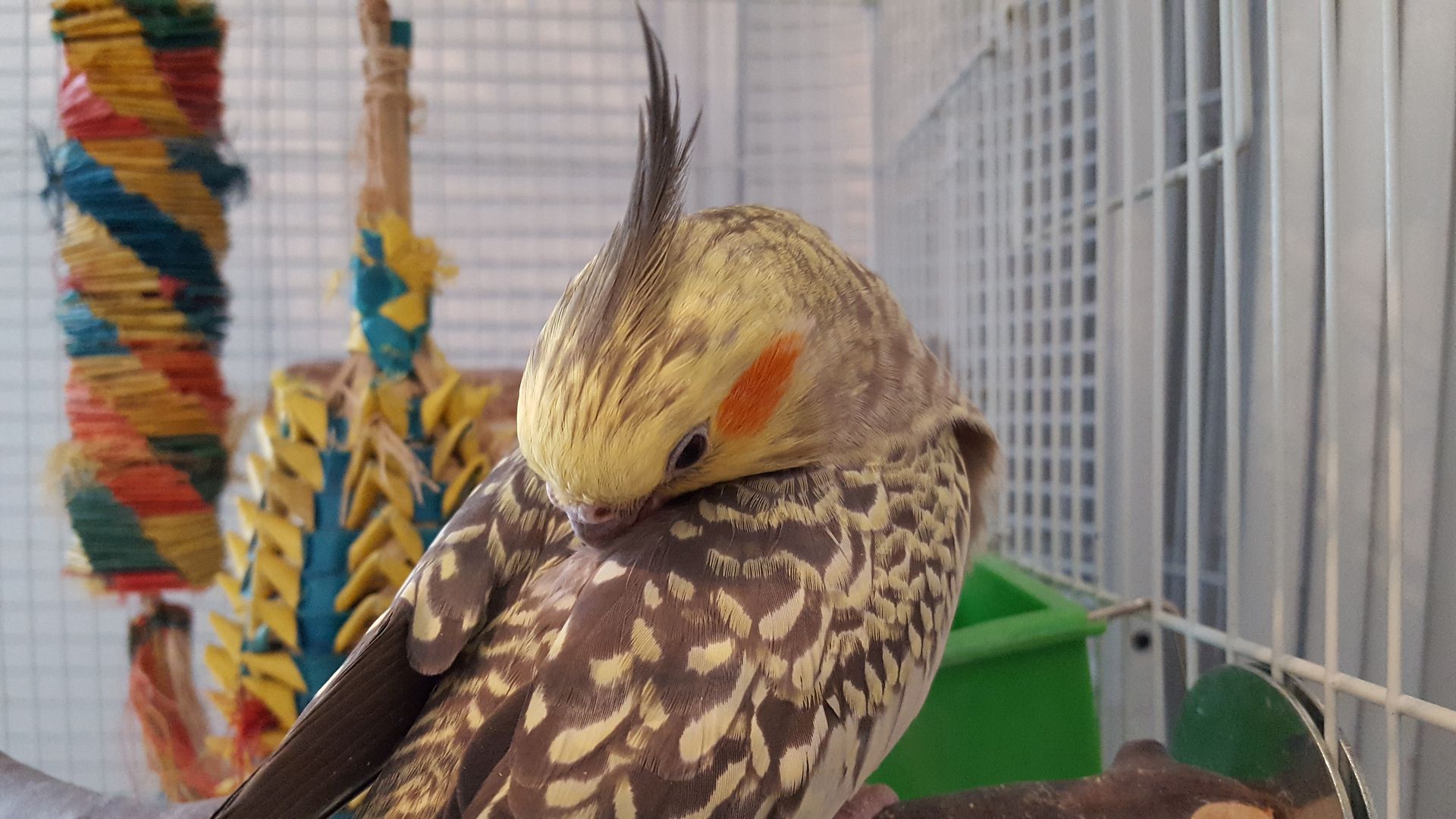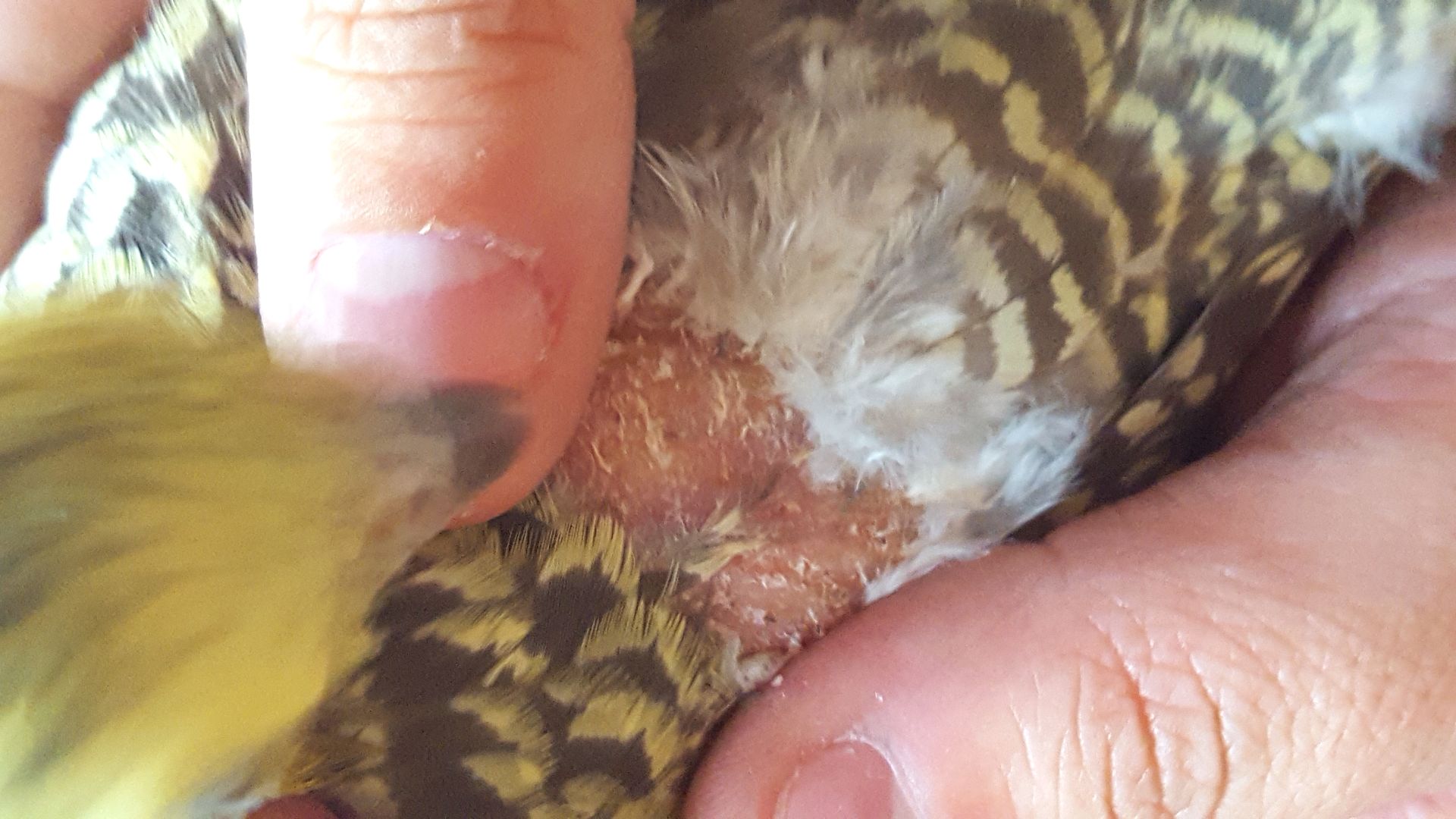Bellagrey
New member
My African Grey is over preening like crazy. It started 2 months ago. She hides her chest to me. Sometimes she is frantic and goes after her legs, her stomach, and under her wings. I’ve tried the otc meds. I haven’t switched to pellets but will. No bloods taken yet but vet couldn’t find anything and heartily approved of her veggie and fruit diet. It is hot and dry in CA and Dander is everywhere. I bathe her with an aloe and water mix. Any other ideas?

